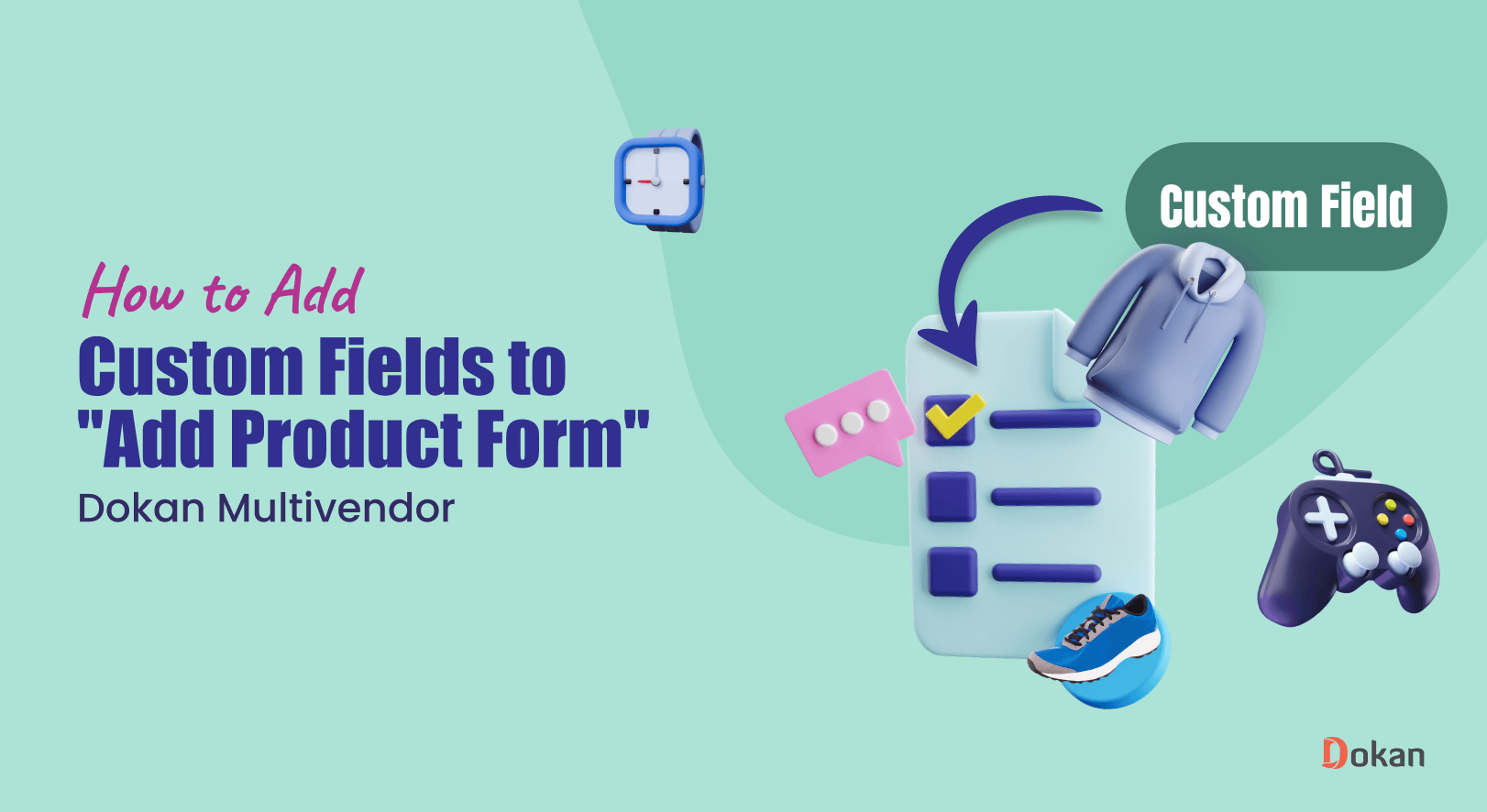Buying suitable and flawless web hosting isn’t hard if you know how hosting services work. Each hosting provider advertises itself as the best and uses technical jargon to impress people. You can avoid such distractions by examining the features, functionalities, and price points of a hosting plan.
Well, it’s a bit overwhelming for any user to choose the right hosting among numerous variations. Some plans are suitable for business purposes and some are ideal for beginners only. The hosting plan you choose will depend on the goals you want to achieve with your website.
There’s no alternative to reliable hosting if you’re planning to create a strong presence on the web. So, it’s essential to gain primary knowledge of web hosting before operating a website. This article explains what to look for when buying web hosting. Keep reading to learn more.
What is a Web Hosting Service

A website domain is like the address where your house is, and web hosting is what’s inside the house. You need a dedicated space accessible via the internet to host your website. Web hosting service provides this space for your website.
It allows users to store, maintain, and publish data like HTML, CSS, text, media files, and so on. Web hosting service providers offer these services using their technologies and resources. You can visit a website by typing the URL. But the website won’t connect to the server without operative web hosting.
When visitors enter a website, their devices connect to the website server where it is hosted. The server then sends the previously stored files to the visitors’ end and displays the website content. Thus, a web hosting service manages a website using its robust infrastructure.
Why Does a Reliable Web Hosting Matter for Your Website

A good hosting plan ensures that your website will load quickly and allocate the resources securely without significant downtime. A slow and broken website hampers user experience to a great extent. Visitors instantly leave such websites and look for an alternative website that loads just fine.
So, it’s really important to host your website on reliable hosting that has the capabilities to ensure the full accessibility of your website. Here’s a list that explains the reasons why good web hosting matters for a website-
- A quality hosting provider keeps website data and client information safe
- The hosting provider allows you to create domain-specific email addresses
- Good hosting optimizes websites’ speed and performance
- The right hosting improves the user experience
- Enhanced security, loading speed, and user experience impact SEO
- Your hosting plan will manage your storage and bandwidth
- Good hosting providers offer scalability along the way
- They ensure your website is up and running 99.9% of the time
- They provide excellent customer support
Now that you know why web hosting is important, let’s have a look at what type of web hosting you may need for your website.
Types of Web Hosting- Choose One That Fits Your Need

Various types of hosting have been introduced on the web with the advancement of technology. All these types of website hosting cater to the different needs of the customers. The following section has a brief introduction to popular web hosting types. Read carefully and find the suitable one for you.
Shared Web Hosting: When more than one website is hosted on the same server it’s referred to as shared hosting. It’s a cheaper solution for people who don’t expect too much traffic at the same time on their websites. Shared web hosting is the best for personal websites, and small to medium-sized businesses.
Dedicated Hosting: As the name suggests, dedicated hosting rents an entire server dedicatedly for a single website. This web hosting is a bit expensive. You can choose it if your website has a lot of traffic and you need complete control over the server.
VPS Hosting: Virtual private server (VPS) is the bridge between dedicated hosting and shared hosting. Such a server actually serves multiple websites but appears to each user as a dedicated web server. Small businesses often select this solution because it allows them to have the flexibility of a dedicated server at low costs.
Cloud Hosting: Cloud hosting is the latest inclusion to the web hosting scene. It works by accumulating many interconnected servers that provide scalable, reliable, and affordable hosting infrastructure. Cloud hosting usually comes with infinite disk space, unlimited domains, and reliable bandwidth. It is ideal for large businesses that are ready to spend a lot of money on web hosting.
Reseller Hosting: Resellers are the account owners who use their allotted disk space and bandwidth to provide services to third parties. If you don’t require the amount of hard drive space you’ve purchased you can resell it to others. You can get a new source of income by sharing the bandwidth, disk space, CPU, and other resources with other website owners.
What to Look for When Buying web Hosting: 11 Things to Consider

Now, we’ve reached the most critical part of our discussion. Once you’re sure about the type of hosting, you should understand the following considerations before making a purchase. They will help you to understand the nature of buying hosting, which types of hosting your website needs, and ensure the value. Check them out –
1. Know Your Requirements & Prioritize Accordingly
First, determine what types of websites you need. You don’t need feature-packed hosting if you want to create a portfolio website. But, for an eCommerce website, you will need reliable bandwidth with large disk spaces. So, identify what features and functions you need then move further with the next steps.
2. Collect Reviews of Reputable Hosting Providers
It’s always wise to choose a proven player in the industry. Look for a web hosting provider that has been consistently serving customers for years with a good reputation. Believe in word of mouth in such a regard. Conduct intensive online research, you’ll find user reviews and ratings about all popular hosting providers. Make an informed decision when selecting your service provider.
3. Emphasize the Importance of Security
Your web hosting provider must be equipped with robust firewalls and other security tools to prevent potential cyber-attacks. It should also add an extra security layer to the website by integrating Secure Socket Layer (SSL) certificates. The hosting server should be capable of standing against DDoS and brute force attacks.
4. Ensure Almost 100% Uptime
Nothing hampers the reputation of a website more than prolonged downtime. Make sure your web hosting maintains almost 100% uptime without compromising speed and security. A few minutes of downtime can cost you hundreds of dollars if your website is your source of income.
Amazon went down for a few minutes in 2013, which caused them to lose $66,240 per minute. Therefore, website owners need to choose web hosting that guarantees 99.9% uptime.
5. Look for Enough Storage And Bandwidth
The more storage and bandwidth you get, the better for your website. But, more storage and bandwidth are associated with more costs. Determine how much disk space is enough for your website to run smoothly and how many visitors you get monthly.
You need large storage if your website is expected to have too many multimedia files. Choose a hosting plan that offers the required amount of storage and bandwidth you need.
6. Ensure Optimal Speed
A website should load within two seconds to meet users’ expectations. If it takes longer than that, visitors are likely to bounce back. So, it’s crucial to keep the loading time under two seconds. Though the website loading time depends on a few factors, a quality hosting provider with adequate memory, processing power, and a fast server contributes greatly to the website speed.
7. Align the Hosting Plan with Your Budget
Each hosting plan comes with multiple price points. They usually bill monthly, yearly, and based on lifetime validity. You need to spend more money to get more features. The prices vary depending on the disk space, bandwidth, number of domains, auto backup, SSL certificates, and more.
You should select a plan with less renewal fee. Analyze the pricing carefully to figure out if there are any hidden charges then finally settle on a package within your budget.
8. Choose the Nearest Data Center
The location of the server’s data center is often ignored by website owners. But, the distance between the data center and your audience’s geographical location determines the page speed. Your webpage will load faster if it has to travel less distance to reach the user.
So, you need to choose a server that is located close to most of your visitors. You can consider web hosting providers who include CDN to provide good user experiences for visitors all over the world.
9. Look for an Automatic Backup Feature
You won’t lose any data if your hosting provider automatically creates backups of your website. Many web hosting plans feature an automatic backup option. It means that the hosting providers will create a copy of your website’s database and content regularly.
Having a backup is very important since anything can happen to your website due to technical glitches. It’s better to prepare to face the worst possible scenario.
10. Go for Scalable Web Hosting
As your website grows older and your business expands, you may need to use more disk space and bandwidth. Naturally, you’ll have to upload many videos and high-resolution images and attract more traffic for a successful website. Choose a web hosting provider that offers great scalability. It should allow you to quickly upscale the hosting plan whenever you need to meet future requirements.
11. Choose a Provider with 24/7 Customer Support
You may not have the technical expertise to solve server-related problems on your own. The customer service team of the hosting company comes in handy during such critical times. Make sure your hosting provider has a dedicated customer support team available 24/7. It’s better to go for live chat support that responds instantly. Other forms of support are via email and hotlines.
Web Hosting FAQs- What to Look for When Buying

Hope we’ve answered your question- what to look for when buying web hosting? If you have more questions, follow the below section. It contains the frequently asked questions on how to choose the right web hosting.
1. Can I host a website for free?
Yes, you can host your website for free as long as you want. Free hosting displays a lot of advertisements to compensate for the money they lose in free plans. Besides, free hosting usually offers limited bandwidth. To sum up, you can host websites for free but there are many disadvantages associated with it.
2. Should I buy a domain and host together?
You don’t have to buy a domain and host together. But it’s better to buy a domain and hosting provider from the same provider. Thus, you can save money since many providers offer free domains with their hosting packages. And, it’s easier to connect and set up hosting and domain from the same provider.
3. Which is the best site to buy domain and hosting?
There are hundreds of hosting providers available on the market. Here we’ve listed the best 5 sites to buy domains and web hosting for your website-
1. NameCheap
2. Bluehost
3. GoDaddy
4. Cloudways
5. Hostinger.
4. What is domain vs hosting?
A domain is a unique address that helps visitors find your website easily across the internet. People can go directly to a website by visiting its URL. Hosting is where all files of your website are stored.
5. How much does web hosting cost?
The cost of hosting differs to a great extent based on many factors. Shared hosting costs the least and dedicated hosting costs the most. A shared hosting plan usually starts from 5 USD/month and a dedicated hosting plan usually starts from 150 USD/month.
6. What is an SSL Certificate?
An SSL (Secure Sockets Layer) certificate means that data shared between your website and server remains private and accessible only to those who have the authority. This technology also establishes an encrypted connection between visitors and a website.
7. What is an IP Address?
Every device on the internet has a unique identification number that specifies the location and network it is using. This numeral identification is called an internet protocol address aka IP address.
8. What’s the Difference Between Managed and Unmanaged Server Plans?
Managed hosting service plan takes care of the overall system, including the control panel, security, maintenance, and more. But the unmanaged hosting service plan covers only the hosting responsibilities. You’ll remain accountable for any malfunction or data breach due to poor self-management.
9. Can I get an Email Address for My Domain?
Yes, you can easily create an email address for your domain. Sign in to the control panel (cPanel in most cases) of your website. Go to the Email Accounts section. Fill up the necessary information and you’ll get an email address with your domain name.
Wrapping Up
No matter what your purpose for creating a website, choosing the right web hosting is crucial for its success. From personal websites to business websites, hosting plays a significant role in keeping a website up and running smoothly. That’s why you need to know what to look for when buying web hosting.
Strong security, guaranteed uptime, enough storage, decent bandwidth, available support, scalability, affordability, etc. are the few major things you should consider when choosing a hosting provider. You can also look for additional features like unlimited email accounts, cPanel availability, a one-click WordPress installer, CDN availability, and more.
We recommend you look for only the features you need, not all the features available at your disposal. Do use the comment section to share your views and suggestions, or if you have any further queries on what to look for when buying web hosting.






Leave a Reply